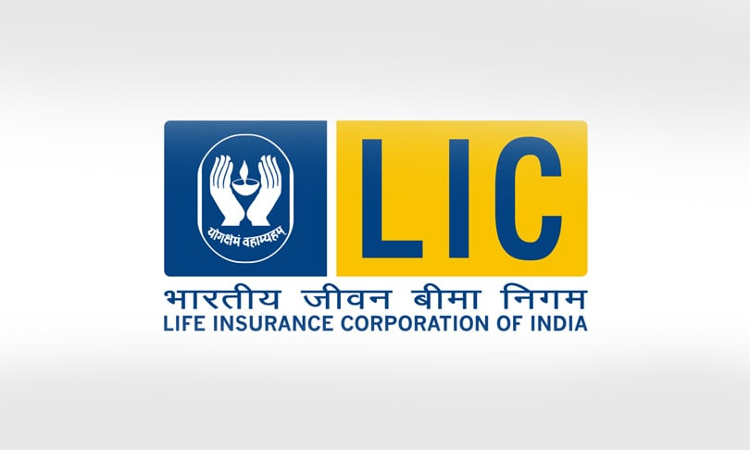No Benefit To Disabled Dependent Till Proposer Survives: SC Urges Centre To Re-look LIC's Jeevan Aadhar Policy
ashok kini
3 Jan 2019 5:26 PM IST

"There could be harsh cases where handicapped persons may need the payment on annuity or lumpsum basis even during the lifetime of their parents/guardians."
Next Story


